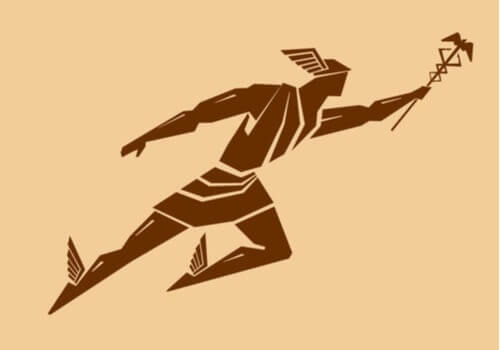Abstract
Ermeneutica del tradurre: alcune osservazioni su traduzione, interpretazione, improvvisazione.
Il presente contributo mira a offrire alcune osservazioni sul processo del tradurre a partire da una prospettiva ermeneutica in senso ampio. Prendendo le mosse dalla mia esperienza personale come traduttore di alcuni libri di filosofia dall’inglese o dal tedesco all’italiano, e basandomi sulle considerazioni di Franco Volpi, Hans-Georg Gadamer e Walter Benjamin su una pratica così particolare e, per così dire, così delicata come quella del tradurre, esamino in primo luogo la natura complessa del processo di traduzione, nel suo affascinante oscillare fra poli apparentemente opposti ma in realtà vicendevolmente collegati fra loro come fedeltà e libertà, identità e alterità, familiarità ed estraneità, ecc. A partire da ciò, prendo in esame la questione del ruolo giocato in ogni forma di traduzione (compresa quella di testi filosofici o poetici) dalla componente interpretativa che, seguendo liberamente alcuni spunti derivanti da autori diversi fra loro come Gadamer, Willard Van Orman Quine e Donald Davidson, sembra essere presente nel processo del tradurre. Ciò si rivela essere particolarmente importante al fine di sottolineare il carattere costitutivamente “imperfetto”, “incompleto” e “indeterminato” (ovvero, non assolutamente perfetto o completo, non pienamente determinato e univoco, bensì aperto e plurale come tutte le esperienze e le prassi che sono proprie di creature limitate e finite come gli esseri umani) del tradurre: il che, tuttavia, non deve essere inteso come una carenza o una lacuna, bensì come una ricchezza e una potenziale fonte di costante miglioramento. Infine, seguendo alcune osservazioni di Ludwig Wittgenstein sui “giochi linguistici” e le “forme di vita”, suggerisco di intendere la traduzione come una prassi umana che, in quanto tale, presuppone certamente la conoscenza e la padronanza di un insieme ben definito di regole ma non è mai interamente riducibile a queste ultime, dal momento che l’uso corretto delle regole presuppone il possesso di capacità che non possono essere acquisite grazie a ulteriori regole ma che derivano piuttosto da esperienza, pratica, know how, sensibilità e un certo indefinibile tatto che deve guidare il bravo traduttore in un modo per certi versi simile (ancorché ovviamente non identico) al bravo improvvisatore, come esemplificato magnificamente dai grandi jazzisti.
Parole-chiave: Ermeneutica, Gadamer, Traduzione, Interpretazione, Improvvisazione.
***
Hermeneutics of Translating: Some Observations on Translation, Interpretation, Improvisation.
This paper aims to offer some observations on the translation process from a broadly understood hermeneutical perspective. Starting from my own experience as translator of philosophical books from German or English into Italian, and relying on observations on this particular and, so to speak, delicate human practice offered by Franco Volpi (one of the main Italian translators of Heidegger’s works), Hans-Georg Gadamer and Walter Benjamin, I first highlight the complex nature of the translation process, fascinatingly oscillating between such seemingly opposite but actually mutually related poles as fidelity and freedom, identity and otherness, familiarity and foreignness, etc. On this basis, I then examine the question of the role played in all forms of translation (including the translation of a philosophical or a poetic text) by the component of interpretation that, freely following intellectual suggestions deriving from such different authors as Gadamer, Willard Van Orman Quine and Donald Davidson, is apparently present in the translation process. This especially proves to be important in order to emphasize the constitutively “imperfect”, “incomplete” and “indeterminate” (i.e. not absolutely perfect or complete, not fully determinate and univocal, but rather open and plural like all the experiences and practices of such limited and finite beings as the human beings) nature of translation: that which, however, must not be conceived of as a lack or a deficiency, but rather as a richness and a potential source of constant improvement. Finally, inspired by some remarks of Ludwig Wittgenstein on “language games” and “forms of life”, I suggest to understand translation as a human practice that, as such, surely presupposes the knowledge and mastery of a definite set of rules but is never merely reducible to the latter, since the correct use or application of the rules presupposes capacities that cannot be acquired thanks to other rules but rather derive from experience, practice, know how, sensitivity and a certain indefinable tact that must guide the good translator in a similar way (although surely not identical way) as the good improviser, as masterfully exemplified by great jazz musicians.
Keywords: Hermeneutics, Gadamer, Translation, Interpretation, Improvisation.

